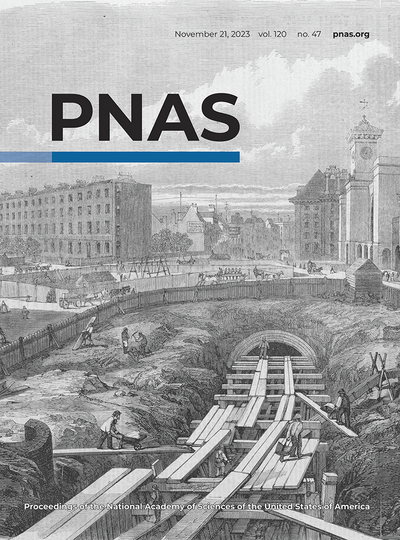System transitions research and sustainable development: Challenges, progress, and prospects
The central challenge of our age is how to make development sustainable – to assure that it advances people’s well-being in the here and now without unfairly constraining the ability of people elsewhere, or in the future, to advance their own well-being. Efforts to meet that challenge are ultimately political, involving complex struggles over who should and does get what. Research, however, has much to contribute to those struggles by illuminating both where present development pathways are taking us, and what interventions can bend those paths toward sustainability.
This Special Feature focusses on three core aspects of better understanding sustainability transitions. The first involves the importance of multilevel interactions. One goal of this Special Feature is to highlight how interactions between niche, regime, and landscape levels affect the prospects for sustainability transitions in the energy, mobility, and food systems that are core drivers of increasing degradation of nature by society. Second, while the Special Feature is motivated by the problems created by complex nature-society interactions, the lens of sustainability transitions research leads to a focus on the development and implementation of potential solutions that can fundamentally reconfigure consumption-production systems. Third, understanding sustainability transitions requires a stronger and more differentiated analysis of the processes of change, which address both the patterns of change and underlying causal processes and mechanisms. A fourth theme is how to speed up and influence the direction of such processes. In summary, the Special Feature papers use the MLP as “big picture” framework but additionally mobilize insights.
Download



